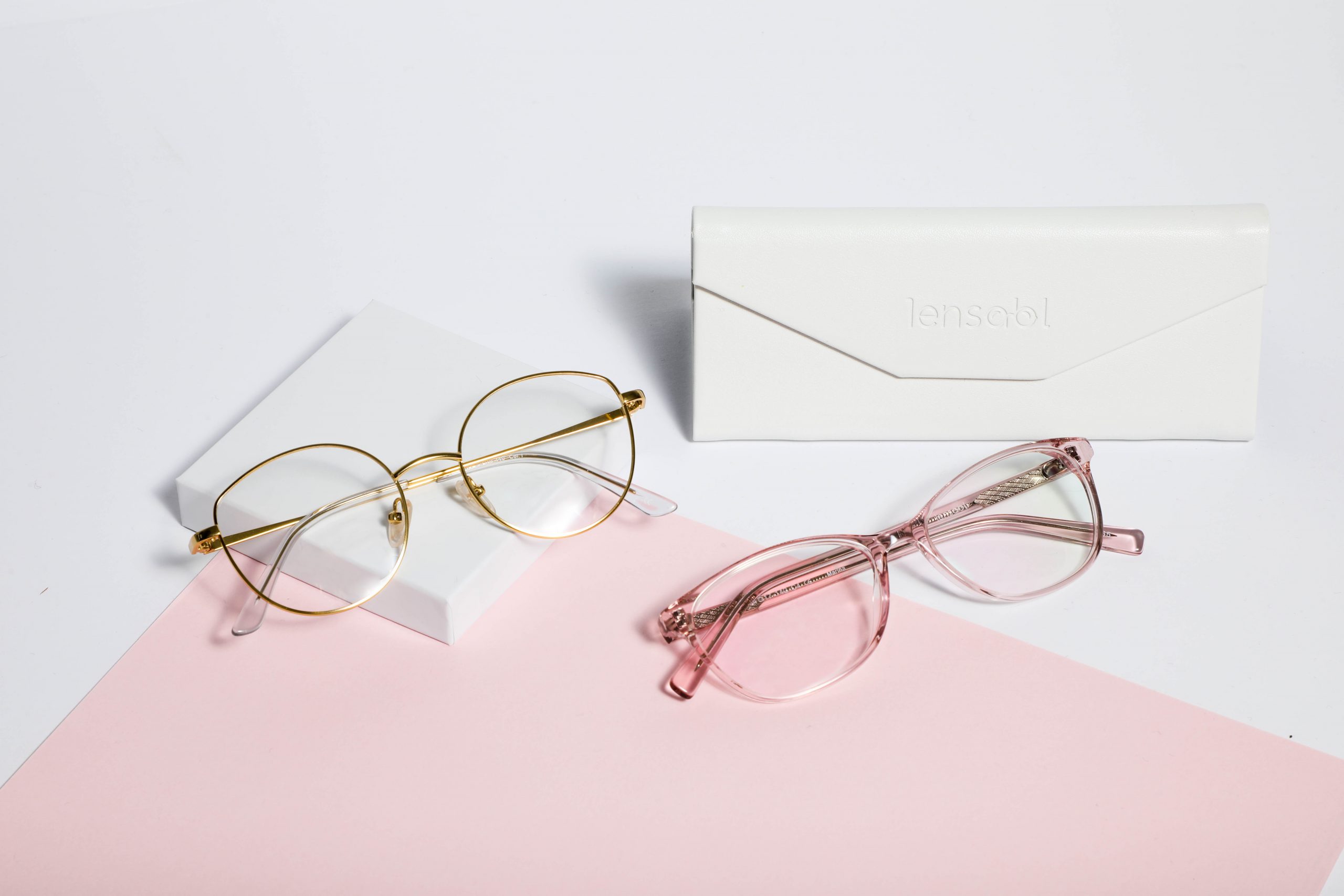Table of Contents
Choosing the right sunglasses is important in order not to damage your eyes. Discover our reliable 5 tips for choosing the right pair for the summer.
The right frame
Not only do you have to find the frame that you like, but it also has to be adapted to the shape of your face. It is important not to let too much light and UV pass through the small space between the face and the glasses. So do not choose a frame that is too small. The choice of frame size is closely related to comfort. It is highly recommended not to focus solely on style. Small frames may look stylish but they do not provide maximum comfort. It is important for you to ensure comfort as the highest priority.
The right protective filters
Choose sunglasses with adequate UV protection. Buy glasses with a CE mark followed by a number from 0 to 4. This symbol proves the quality of the filter. The number 0 indicates that the glasses absorb up to 20% of the light and category 4 is the highest with an absorption of 92 to 97%. For us Americans, a filter 2 is sufficient. For the beach and going to the sea, choose a filter 3. Choose a filter 4 for a very bright place such as winter sports or water sports.
Warning! It is forbidden to drive with glasses with a filter 4 because they reduce the contrast and therefore the vision is less clear. There have been many cases of accidents reported in North America and Western Europe related to the use of filter 4. For better results, make sure you choose prescription sunglasses that suit your real condition.
The right glass
Whether the lens of your pair of glasses is glass or plastic doesn’t really matter. Both materials protect your eyes, so choose what you’re most comfortable with. Plastic lenses are lighter, but glass lenses give better visibility and are also more resistant to scratches. If you are someone who is very active, plastic lenses are recommended. Today’s technology allows plastic lenses to be clearer and almost the same quality as glasses.
The right color
The lenses of sunglasses have different tints. In terms of protection, the color does not matter. A rosé glass is useful if you are near water because it offers a good contrast with a green or blue background. Gray tinted lenses reduce the light intensity. Yellow tints reduce haze from blue sunlight, and brown lenses make colors warmer and sunlight less blinding. Green tones also help against the glaring light effect. In addition, they provide good contrast between objects.
Good advice
You can get good advice from an optician, but you can also find glasses in supermarkets. One thing is certain: it is better not to buy sunglasses than to buy the wrong pair. If you look at the sun with an unsuitable pair, you may damage your eyes without realizing it.



